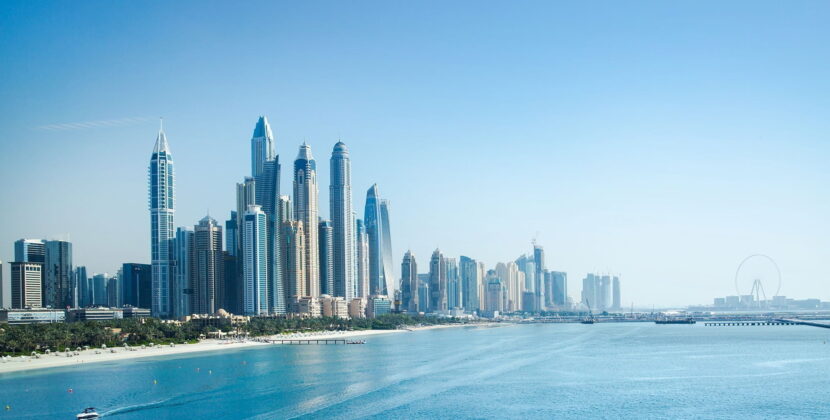
Dubai is a global business hub that offers a plethora of opportunities for entrepreneurs and investors. However, one of the most critical decisions you’ll need to make when starting your business in Dubai is choosing between a freezone company setup and obtaining a mainland license. Each option comes with its unique advantages, regulatory requirements, and operational freedoms. This article delves into the key aspects of both to help you choose the right path for your business.
Understanding Free Zone Company Setup in Dubai
A freezone company setup in Dubai is a popular choice among foreign investors due to the attractive benefits it offers. Free zones are designated areas that allow 100% foreign ownership, along with various incentives aimed at facilitating business growth.
Key Benefits of Free Zone Company Setup:
- 100% Foreign Ownership: Unlike mainland companies, free zone companies do not require a local Emirati partner. You can own the company entirely, providing complete control over your business operations.
- Tax Exemptions: Free zone companies benefit from 0% corporate and personal income tax, as well as exemption from import and export duties.
- Simplified Procedures: The setup process in free zones is generally faster and more straightforward, with streamlined administrative procedures and support services provided by the free zone authorities.
- Repatriation of Profits: Free zone companies are allowed to repatriate 100% of their profits and capital, making it easier to manage finances.
Limitations:
- Restricted Market Access: One of the main limitations of a free zone company is that it cannot conduct business directly in the UAE market without partnering with a mainland-licensed distributor or agent.
- Geographical Restrictions: Your office and operations must be based within the boundaries of the free zone, limiting your physical presence in other parts of Dubai or the UAE.
Exploring Mainland License Activities in Dubai
For businesses that require direct access to the UAE market, a mainland license activity in Dubai is essential. A mainland company, also known as an onshore company, is licensed by the Department of Economic Development (DED) and can operate freely across Dubai and the UAE.
Advantages of Mainland License:
- Unlimited Market Access: Mainland companies can trade freely both within the UAE and internationally, without restrictions on the type of activities they can conduct.
- Government Contracts: Mainland companies can bid for lucrative government contracts and take advantage of public sector projects, which are often reserved for onshore companies.
- Location Flexibility: Mainland companies have the freedom to set up their offices anywhere in Dubai, offering greater flexibility in choosing a strategic location.
- No Limit on Visas: Mainland companies are not limited by the number of visas they can obtain, provided they have adequate office space to accommodate their employees.
Considerations:
- Local Sponsorship Requirement: To obtain a mainland license, a foreign investor must partner with a local Emirati sponsor who holds 51% of the company’s shares. However, various legal structures and side agreements can be arranged to protect the interests of the foreign investor.
- Higher Setup Costs: Setting up a mainland company can be more expensive due to the need for office space, sponsorship fees, and potentially higher regulatory costs.
Making the Strategic Choice: Free Zone or Mainland?
The decision between a free zone company setup and a mainland license in Dubai largely depends on your business objectives, target market, and operational needs.
- If your business is focused on international trade, import/export activities, or digital services that do not require direct interaction with the UAE market, a free zone company setup in Dubai is likely the most cost-effective and flexible option.
- On the other hand, if you aim to penetrate the local market, offer services directly to UAE clients, or establish a large-scale operation with multiple offices across the city, then obtaining a mainland license is the strategic choice.
Conclusion
Dubai’s diverse business environment offers multiple pathways to success, whether through a free zone company setup or a mainland license. Each option provides distinct advantages, and the right choice depends on your specific business goals and long-term vision. By carefully evaluating the benefits and limitations of each option, you can make an informed decision that aligns with your business strategy and positions you for success in the thriving Dubai market.









